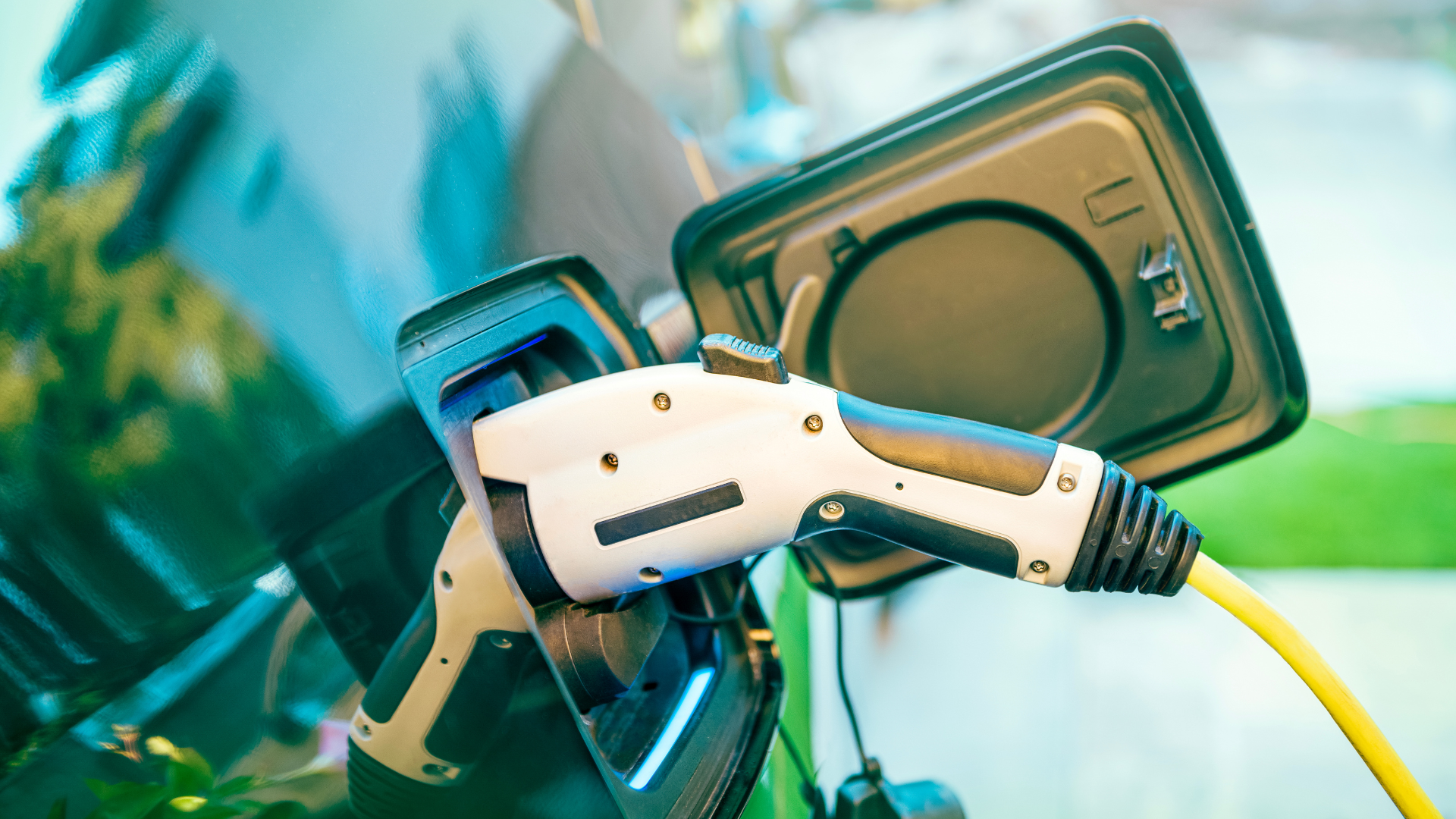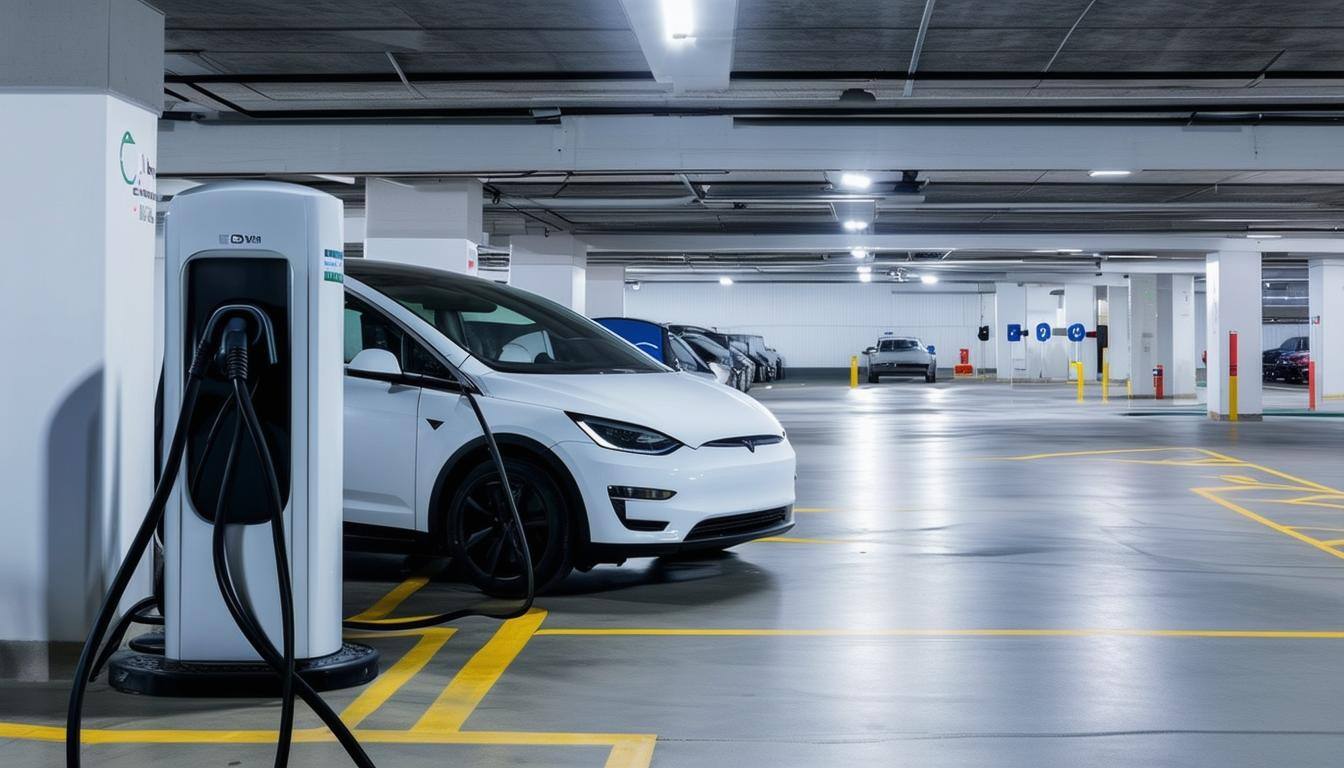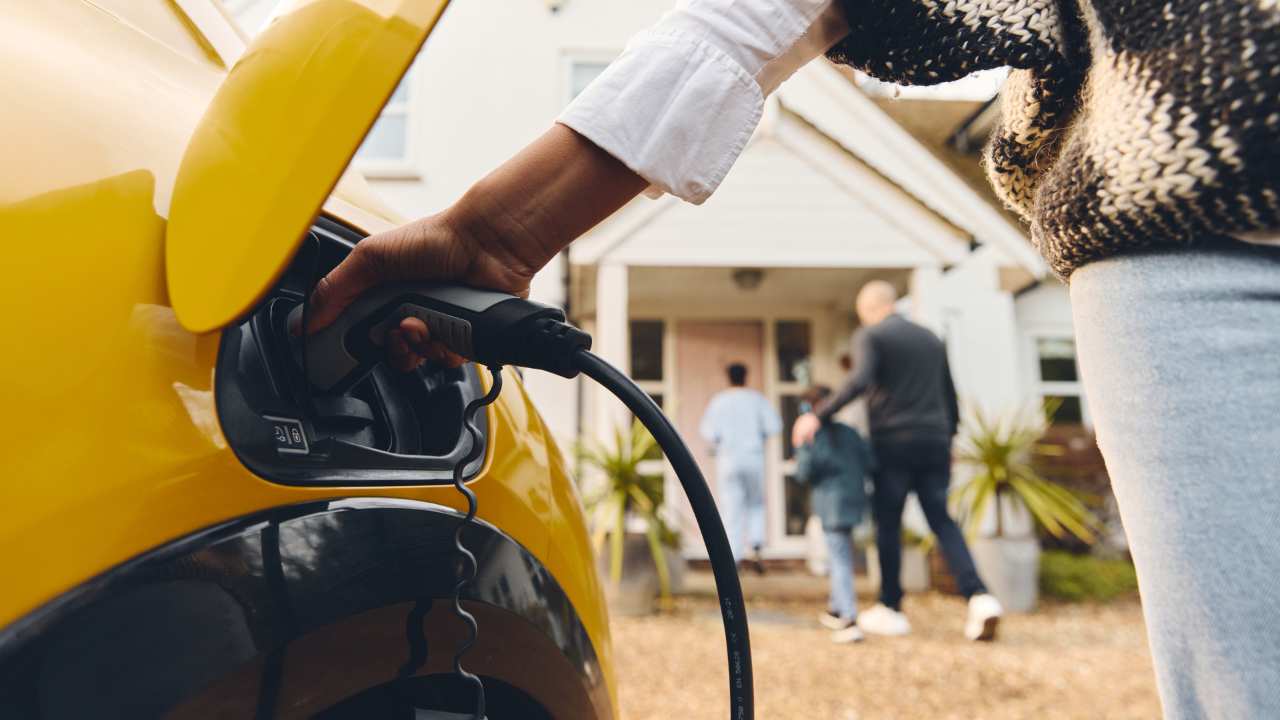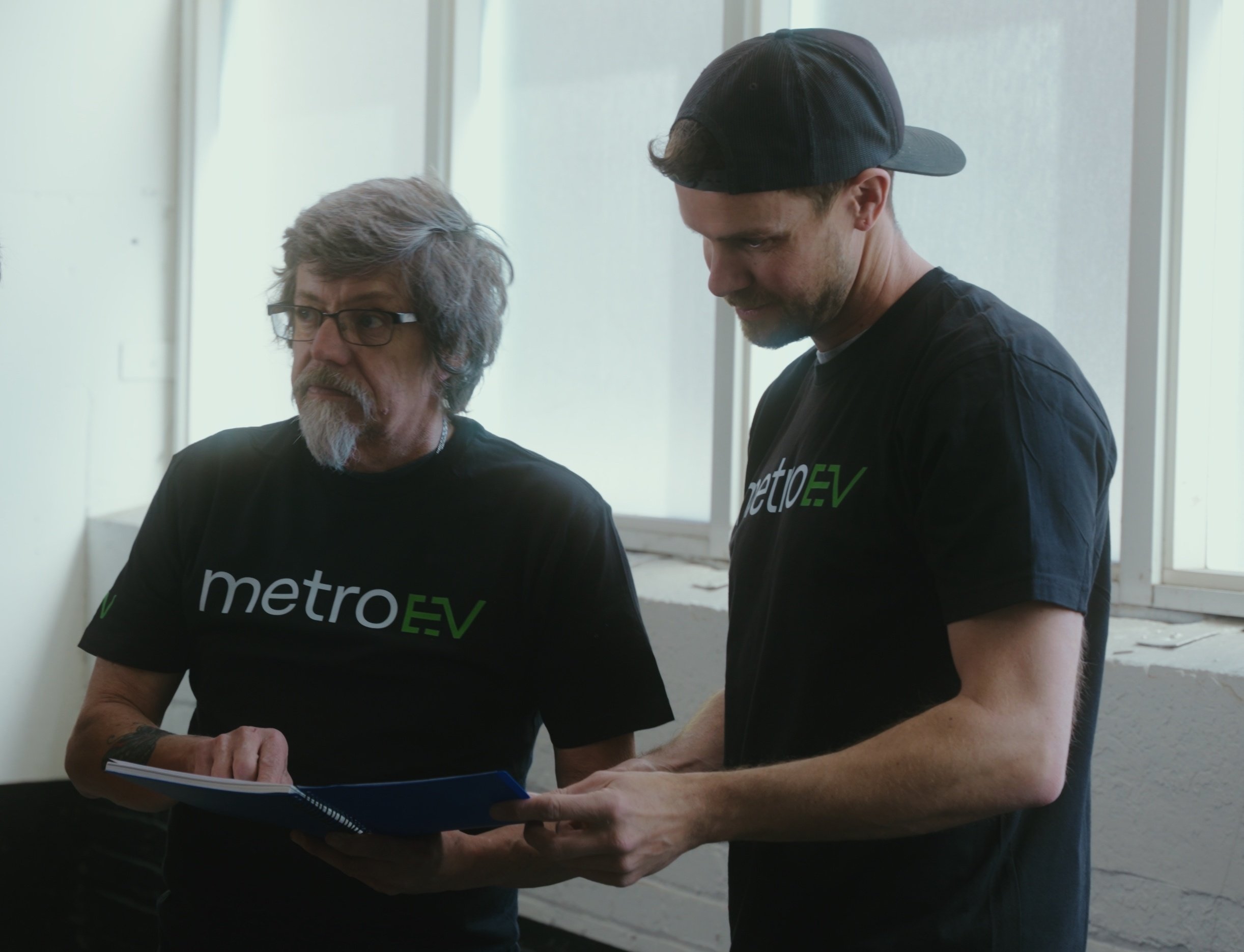As you navigate EV charging stations and battery specs, you may come across the terms kW and kWh. While they might sound and look similar, they represent different aspects of electrical power. Understanding the difference is simpler than you think and this guide will help you make informed decisions when getting EV charging stations installed.
kW: Charge Power
Imagine kW (kilowatt) as the muscle behind your EV charger. It represents the rate at which electricity flows, essentially how fast your battery gets charged. A higher kW rating means a more powerful charger, capable of filling your battery in a shorter time.
How to Charge Your EV Faster
kWh: Energy Stored
Now, let's talk about kWh (kilowatt-hour). This unit measures the total amount of energy stored in your EV's battery. It's like the size of your gas tank, but for electricity. A higher kWh rating translates to a larger battery capacity, allowing you to travel farther on a single charge.
kW vs. kWh
The main difference lies in what kW and kWh measure:
- kW (kilowatt): Power – It's the rate of energy flow, equivalent to the speed of filling your battery.
- kWh (kilowatt-hour): Energy – It's the total amount of energy stored, similar to the capacity of your EV battery.
How kW and kWh Works Together
While kW determines charging speed, kWh reflects the total energy delivered. For example, a 50 kW charger filling a 60 kWh battery. The charging speed will be 50 kW, but it will take approximately 1.2 hours (60 kWh / 50 kW) to reach a full charge.
How EV Chargers Actually Work
Why does this matter for EV charging installation?
Understanding kW and kWh is crucial when planning your EV charging installation. It helps you determine the right charger for your needs based on your vehicle's charging capabilities and the users daily driving habits.
Choosing the Right EV Charger for Your Needs
Here's how kW and kWh can guide your charging choices:
- Short frequent trips? A lower kW charger (e.g., 7 kW) might suffice.
- Longer trips? Opt for a higher kW charger (e.g., 150 kW) at public stations for faster charging.
- Maximum range? Consider an EV with a higher kWh battery capacity.
Remember, charging speed isn't solely dependent on kW. Your EV's maximum charging rate, EV charger type, and environmental conditions can also influence it.
The Difference Between EV Charger Types
EV Charging in Cold Weather
Invest in your EV future today!
kW and kWh are essential concepts to grasp when it comes to EV charging. By understanding these concepts, you can select the right EV charger and maximize your vehicle's range.
metroEV is a leading expert in EV charging solutions with a proven track record in designing future-proof solutions. From installation to maintenance, we provide comprehensive support. Contact MetroEV to get an EV charging quote.


.png)






